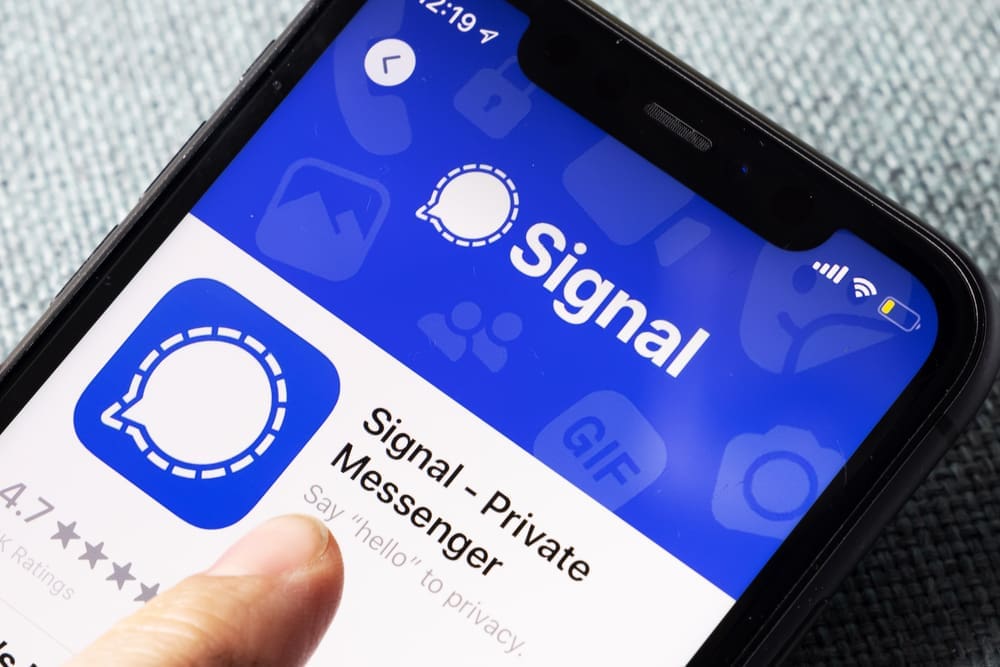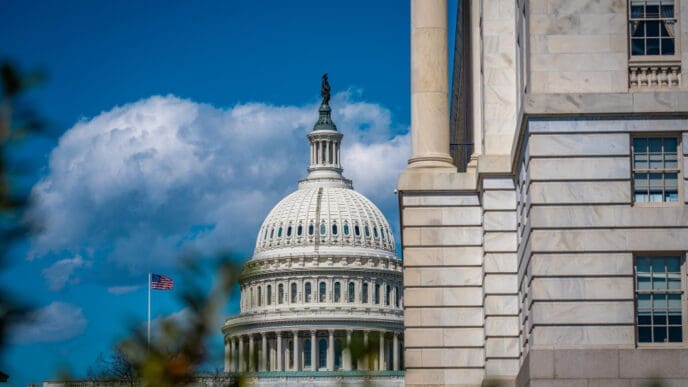FBI Director Kash Patel recently faced scrutiny from lawmakers regarding discussions among Trump administration national security officials about detailed attack plans shared in a Signal chat. Although Patel was not part of the chat, he was questioned during Senate and House hearings about whether the FBI should investigate. Patel refrained from committing to any investigation, citing that he had not personally reviewed the text messages, which were accidentally shared with The Atlantic’s editor-in-chief due to a mistaken inclusion in the unclassified chat.
The scrutiny of Patel is consistent with the FBI and Justice Department’s longstanding role in enforcing Espionage Act statutes, which address the mishandling of national defense information. Despite President Donald Trump’s assertion that the matter is not within the FBI’s purview, the Justice Department retains the authority to initiate an investigation. It remains uncertain whether Attorney General Pam Bondi, a recent introducer of Trump at a Justice Department event, would authorize such an inquiry.
Officials from the Trump administration argue that the shared details were not classified. However, the Espionage Act criminalizes the mishandling of any closely held national defense information, regardless of its classification status. Several prominent figures have faced investigations over the handling of government secrets, but differing circumstances and outcomes make predicting the consequences in this case challenging. Precedents also exist for public officials to avoid charges or significant penalties.
Hillary Clinton’s case offers some parallels. In 2016, Clinton was investigated, but not charged, for using a private email server during her tenure as Secretary of State under the Obama administration. The investigation, sparked by a referral from intelligence agencies’ watchdogs, aimed to determine if classified information was mishandled. Though the FBI found Clinton “extremely careless,” they recommended against charges, citing a lack of evidence that she intended to break the law. This decision was criticized by Republicans, including participants in the Signal chat and Bondi, who had vocally opposed Clinton at the 2016 Republican National Convention.
Your World Now
The discussions about the Signal chat and the potential implications of the Espionage Act have several potential impacts on the broader public:
- Legal Precedents: The handling of this case could set important legal precedents for future instances of information mishandling, particularly concerning non-classified but sensitive information.
- Privacy Concerns: The scrutiny of communication tools like Signal highlights ongoing privacy and security concerns, emphasizing the importance of secure communication channels.
- Political Repercussions: The case reflects broader political dynamics, revealing how national security issues intersect with partisan politics.
- Public Trust: How the FBI and Justice Department handle this situation could influence public trust in these institutions and their perceived impartiality.
- National Security Awareness: The case underscores the importance of safeguarding national defense information and the potential risks of digital communication tools in government settings.














